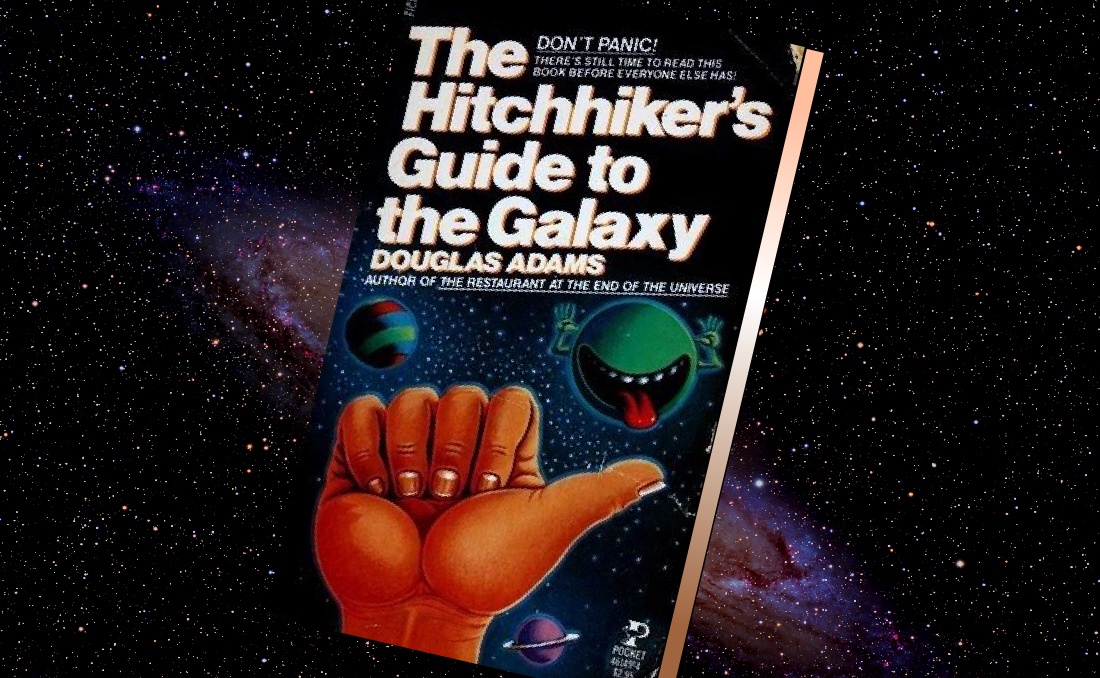According to the WGA, no one is supposed to write anything in Hollywood without getting paid for it. Yeah, about that…
by Jim Cirile
Here’s a topic that may shock those of you who hope to one day sell a spec or maybe even make a living as a screenwriter. And that is: despite WGA rules, once your career gets going on any level, not only will you be expected to write for free, but it will be often and it will likely be voluminous.
Suppose a manager likes the cut of your jib. Maybe they don’t feel your samples are sellable at the moment, but they feel it’s worth investing some time to develop a fresh piece of material with you. Great! That manager will have skin in the game and may work extra hard to get it out there because they feel ownership of it. Well, that’s all good, and by the way, this is a best-case scenario. But read between the lines. You’re spending six months to a year (or more) writing draft after draft for zero dollars. That manager’s sure as fuggghitty not gonna pay you. Yet you’d best do it, and be all sunny and go-getter about it, because this is a Golden Opportunity. Obviously, everyone’s hoping the light at the end of the tunnel is a script sale — and not a freight train.
Now in this scenario, there’s a lot of positives. You’re currying a relationship with a rep; eventually, you’ll be sent out for meetings. And even if that script doesn’t sell, it will open doors. And then maybe you’ll meet a like-minded producer… who also wants you to write something brand-new, or even rewrite one of their existing projects, on spec (for free.) And you will do that, because this is an amazing opportunity and blah, blah, blah.
Starting to get the picture?
There’s an awful lot of “no money” here. Possibly years’ worth. In fact, I have written probably a dozen scripts on spec for producers and directors over the decades, and almost none of them went anywhere. And yet, as a writer, we have to somehow find a way to be hunky-dory with that and never, ever complain. Sure, if you’re lucky enough to be a working Hollywood writer, sometimes you can beg off these spec “assignments”; or maybe you can go down the road a little bit (perhaps writing an extended outline or “scriptment,”) but not proceed to script until there is an actual deal. A lot of working writers do that.
 Which leads us to The Hitchhiker’s Guide to the Galaxy. The year was 2003. My writing partner Chris G. and I were writing ridiculous fake news stories for Weekly World News, and we were getting a decent amount of traction with our comedy specs – no sales, but some meetings, and we even landed a manager – who died a few months later (we were out of town when that shit went down.)
Which leads us to The Hitchhiker’s Guide to the Galaxy. The year was 2003. My writing partner Chris G. and I were writing ridiculous fake news stories for Weekly World News, and we were getting a decent amount of traction with our comedy specs – no sales, but some meetings, and we even landed a manager – who died a few months later (we were out of town when that shit went down.)
Chris was also writing for The Hollywood Reporter, and he had become chummy with a no-BS Senior VP at ICM – let’s call him Clint. After a few rounds of drinks, Chris violated the unwritten rule and casually mentioned to Clint we had some comedy scripts – a definite no-no. No one in the biz wants to suddenly realize that the journalist they’ve been working for good ink is just another frickin’ struggling writer, ugggh. But to his credit, Clint said, “Send me something to look at.”
A few weeks later, I got an emphatic call from Chris, telling me Clint wanted to meet with us. Whoa! Could a powerful ICM exec actually want to sign us? Well, no, of course not. But what Clint did offer made our jaws crash through the floor tile.
“You familiar with Hitchhiker’s Guide? he asked. After I got done reciting a couple choice bits of Vogon poetry, Clint assumed the answer was “probably.” Director Jay Roach was attached to the feature adaptation of the increasingly inaccurately named 5-book trilogy; the biggest writers in town had done drafts – but no one could crack it. The delightfully shambolic HHGG defied movie structure with a well-thrust middle finder. The most recent draft was in fact by the late, great Douglas Adams himself, almost certainly written before his untimely passing in 2001. Alas, it was “not there,” according to Clint.
Our assignment, should we choose to accept it: write a whole new draft on spec. If it came out good, Clint promised to go to bat for us and walk it into Roach. He didn’t want to taint us by showing us any previous drafts. He just told us to go for it. “But you need to move fast – there’s no movement on this right now, but I can’t stop them if they hire someone else.”  For the next ten weeks, Chris and I crammed and cranked and rewrote and polished the most exciting, accessible, focused version of HHGG we could, while still retaining the Pythonic daffiness of the source material. We sent it off to Clint. And we waited.
For the next ten weeks, Chris and I crammed and cranked and rewrote and polished the most exciting, accessible, focused version of HHGG we could, while still retaining the Pythonic daffiness of the source material. We sent it off to Clint. And we waited.
And we waited.
Around two months later, Chris got a call from Clint. The coverage had actually come back pretty good – a consider/consider. Clint seemed, oddly, a bit shocked by this. With perhaps the vaguest spring in his step, Clint told us he would ascertain the status of the project and then make his move with Jay Roach’s company. We were over the moon. This was it, we thought. The big break!
And we waited.
Of course, you all know where this is going. It was another month and a half before we heard back from Clint. In that time, on the heels of the success of Chicken Run, Jay Roach’s company had hired the excellent Karey Kirkpatrick to rewrite Adams’ draft of Hitchhiker’s Guide. No one at Roach’s banner ever even read our draft apparently. Thanks for playing.
Scuttled, we asked if Clint could at least get us a meeting over there, maybe they’ll look at our loglines? He said of course, of course.
Never happened.
The context needed to really understand this story: this was just one of many scripts I’ve written for free in similar scenarios – a name director loves the writing, has an idea, do you want to develop it with him? Yes, of course. A well-known producer wants to develop their crazy/quirky pet idea with you? Fantastic!
Money? No, there’s no money. Why would you even think to ask?
Mostly these go nowhere. Except when they do. The most recent horror project my writing partner Tanya Klein and I developed (for free) with a producer – umpteen drafts over the course of 15 months – just got set up.
We still don’t get paid until day one of principal photography, which at this point might be January… or possibly April.
Happy ending or cautionary tale? You decide.
Enjoy the ride, my friends.
Jim Cirile is a writer/artist/musician and the founder of Coverage Ink. Email him at info@coverageink.com.
Join CI’s Jeri Klein as she brings the skinny on tips, tricks, and industry secrets to help supercharge your screenwriting. Follow CI on TikTok. New content every week!



